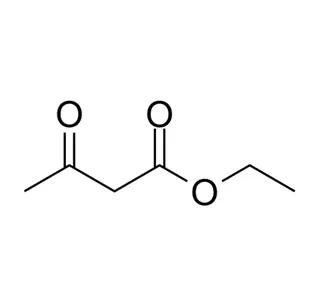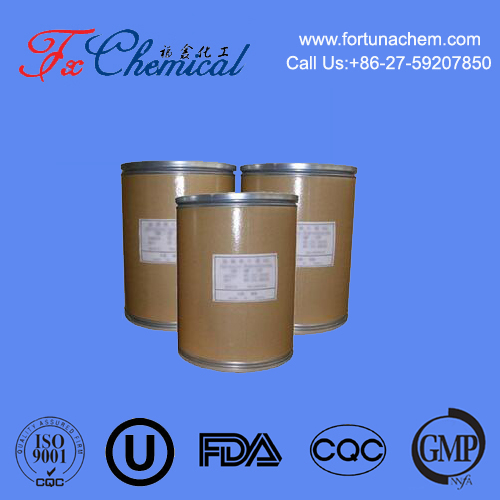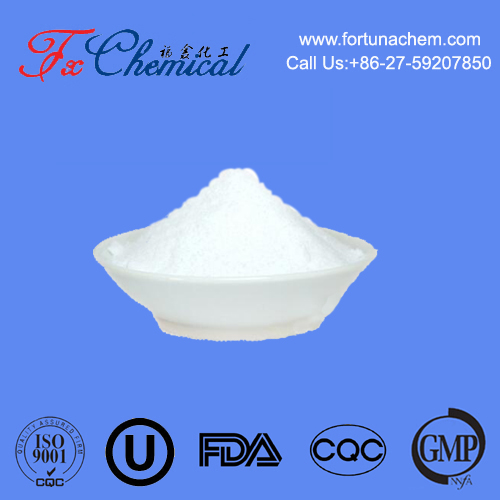
Search

Search

Copper(II) sulfate pentahydrate CAS: 7758-99-8 is an important feed additive, primarily providing essential trace element copper for poultry. Copper is crucial for hemoglobin synthesis, nervous system development, and immune system function in animals.
Raw material preparation: Using copper-containing ores such as manganese ore or copper ore, and sulfuric acid as raw materials.
Roasting and reduction: Mixing the ore with powdered coal, roasting at high temperature to produce copper oxide or copper sulfate.
Sulfuric acid leaching: The roasted copper oxide reacts with sulfuric acid to form soluble copper sulfate.
Impurity removal: By adding iron removal agents and manganese dioxide powder as oxidants, impurities such asCa, Mg, Fe, Al etc. are precipitated and removed.
pH adjustment: Controlling the pH value of the acidified solution to promote the hydrolysis of Fe2(SO4)3 and Al2(SO4)3 into hydroxide precipitates.
Crystallization and purification: Cooling the solution to crystallize copper sulfate, followed by settling and filtration to obtain high-purity copper sulfate solution.
Drying and crushing: Concentrating the solution and drying it to obtain Copper(II) sulfate pentahydrate crystals, which are then crushed into powder of suitable particle size.
Quality testing: Conducting quality tests on the product to ensure it meets feed additive standards.
Packaging: Properly packaging qualified products to ensure stability during storage and transportation.
Chemical form: Copper sulfate comes in two forms, copper(II) sulfate monohydrate and Copper(II) sulfate pentahydrate. The monohydrate is a white to slightly light blue powder, while the pentahydrate is light blue crystalline granules or powder.
Solubility: Copper sulfate is highly soluble in water; copper ions can diffuse in feed moisture, aiding in bioavailability.
Biological availability: Compared to other copper sources such as copper methionine and basic copper chloride, the biological availability of copper sulfate is lower. However, due to its cost-effectiveness and ease of handling, copper sulfate remains a commonly used copper source in the feed industry.
Oxidizing action: Copper sulfate has a strong oxidizing action; every crystalline surface serves as an active and acidic site for oxidation reactions.
Irritation: Copper(II) sulfate monohydrate is less irritating to the small intestine, possibly due to its lower oxidizing action.
Price and content: Basic copper chloride has a higher copper content and price than copper sulfate, but its poor solubility in water may limit its application in certain feed formulations.
Copper(II) sulfate pentahydrate CAS: 7758-99-8, as an economical and practical feed additive, can ensure purity and quality through precisely controlled production processes, meeting the demands of the feed industry. Feed formulators should comprehensively consider animal-specific needs, other feed components, and cost-effectiveness to rationally use copper sulfate, thereby promoting poultry health and improving production performance.

Quick Links
Add:
E-mail:
 English
English  Español
Español  français
français  العربية
العربية 


